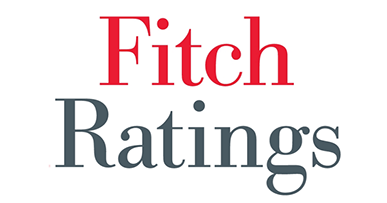Fitch Ratings analysts are expecting US life insurers to report additional reserve charges in 2020 amid industry exposure to the long-term care (LTC) insurance business, which is expected to put downside pressure on issuer ratings.
 Noting ongoing concern over the exposure, Fitch analysis indicates that LTC reserves continue to be based on both “inconsistent and aggressive” assumptions around discount rates, future premium rate increases, persistency and morbidity.
Noting ongoing concern over the exposure, Fitch analysis indicates that LTC reserves continue to be based on both “inconsistent and aggressive” assumptions around discount rates, future premium rate increases, persistency and morbidity.
Two negative ratings actions were tied to LTC exposure this year, which Fitch says continues to threaten the solvency of a number of non-rated insurers.
Over the past year, a number of life insurers made incremental progress in strengthening material reserve assumptions, including the elimination or reduction of morbidity improvement and an increase in morbidity cost and persistency.
However, Fitch believes progress on improving overall LTC reserve adequacy in the past year has been negatively impacted by the material decline in interest rates and credit spreads, which it says calls into question the use of discount rate assumptions that incorporate aggressive mean reversion methodologies.
Fitch views the degree of interest rate sensitivity associated with insurers’ cash flow (CFT) and asset adequacy testing results as being further dampened by the persistent low rate environment and the long duration associated with this product’s cash flows.
Additionally, Fitch notes concern associated with CFT scenario results that depict both a gradual and rapid downward trajectory in interest rates, exacerbating the urgency for insurers to revise aggressive discount rate assumptions to align with the current market trends and accelerate potential reserve charges.
While Fitch expects additional LTC reserve charges in 2020, the exact timing and magnitude are difficult to predict due to inconsistency in regulatory reserve standards and management discretion around potential changes in reserve assumptions based on still-emerging experience.


